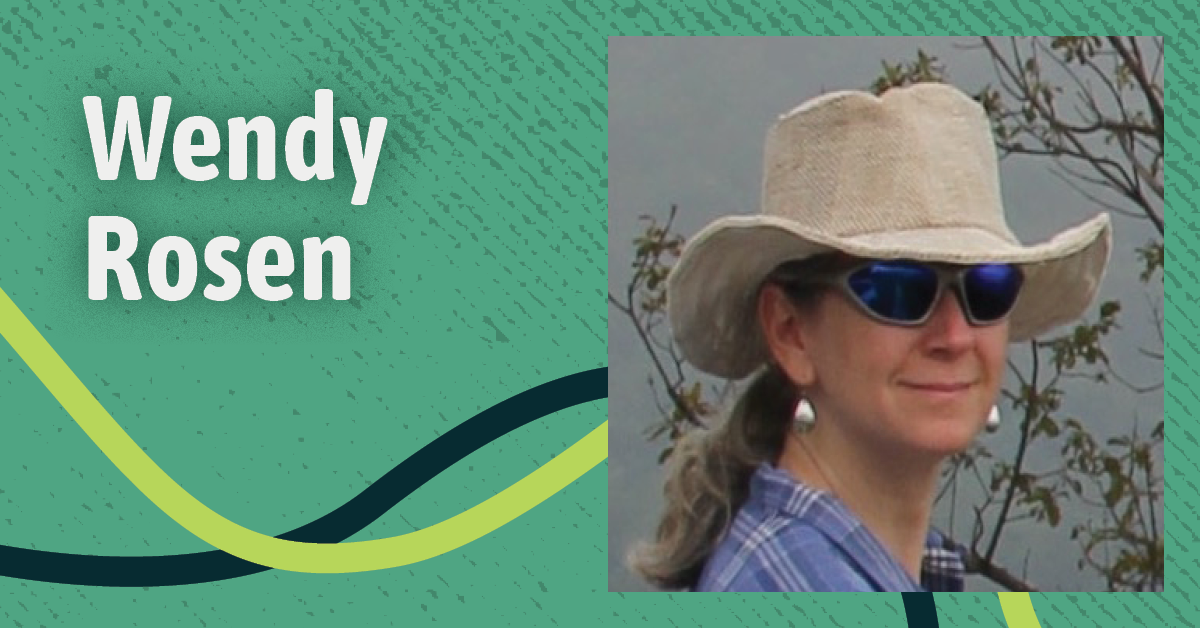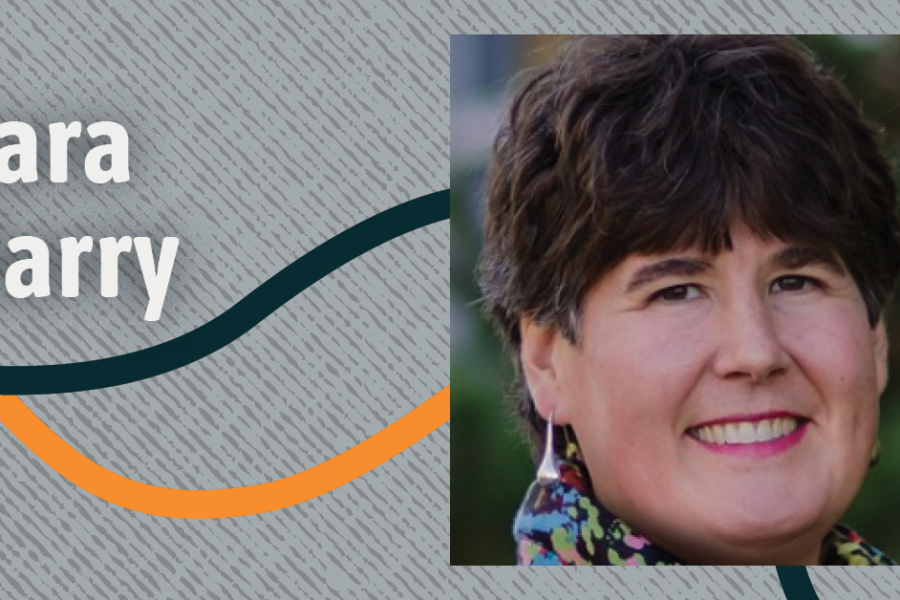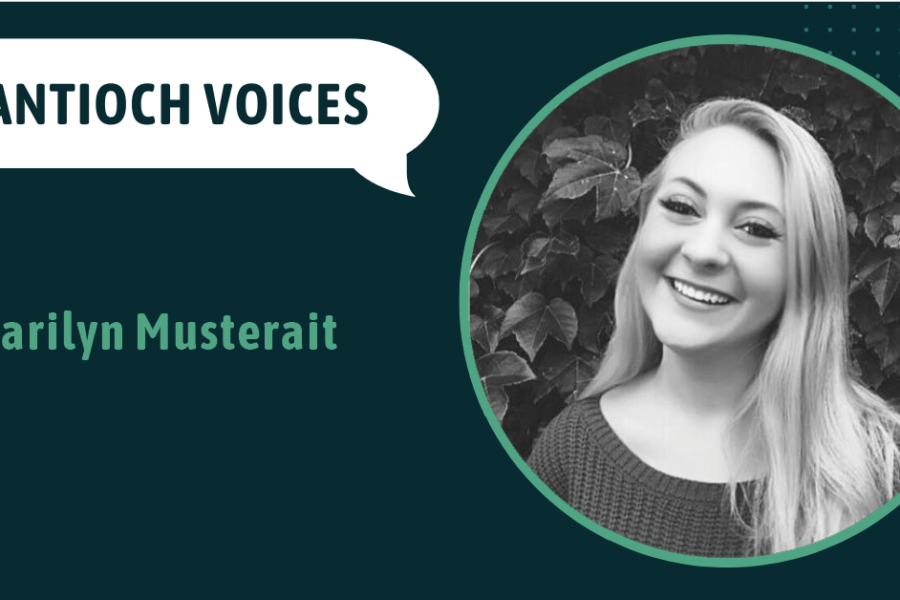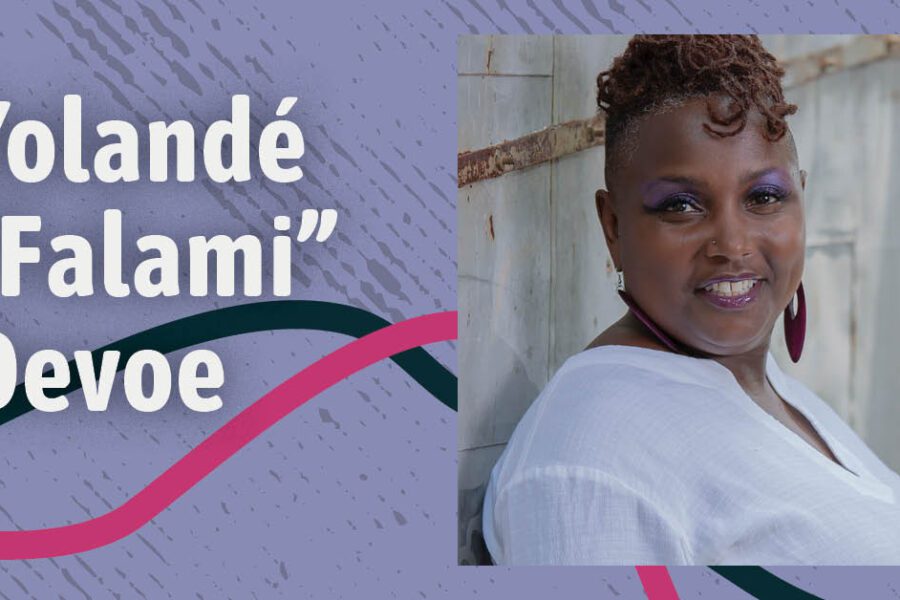It was almost twenty years ago when Wendy Rosen’s daughter began having difficulties in school. The long-time elementary school teacher knew something was wrong. But she didn’t know what. She watched as her child’s handwriting worsened between kindergarten and second grade, and as her daughter became frustrated in classes. Although she was doing well in almost every other subject, Rosen elected to an evaluation with a child study team. This led to her daughter having a special education classification because of her handwriting and written expression—her evaluation results showed that she scored two grade levels below where she should be. This didn’t make sense to Rosen, but she didn’t find much help from the school. She realized she would need outside opinions to figure out what was happening.
Rosen consulted with a psychologist. When the doctor saw her daughter’s evaluation results and low test scores that suggested a possible visual processing problem, she referred them to a developmental optometrist for a vision examination. The doctor was right. Rosen’s daughter’s writing deficiency was caused by a visual-motor integration problem.
As she navigated this challenge in her own family, Rosen learned that on a broader scale these issues are rarely discovered through the standard visual screenings done at schools. These screenings use the Snellen eye chart, the one with the big E at the top. The chart was developed in the 1860’s and doesn’t account for the whole of a child’s visual story.
This sorely outdated method is one example of what Rosen wants to change—knowing that comprehensive vision examinations would help millions of children. Today, the work of this 2019 graduate of Antioch New England’s Master’s in Education for Experienced Educators program, which began with advocating for her daughter, has turned into a commitment to advocate for all children with vision-related learning problems. Through her writing, new curriculum development, and her work as an educator, she is bringing attention to this important subject.
An Educator Learning About Vision
As an educator of preschool children to teens, Rosen has taught in a variety of learning environments. She’s especially interested in experiential education and finds opportunities to teach children outside of the traditional classroom, utilizing places in nature, farms, agricultural museums, and camps for her classes.
Even with her experience in all these different settings, she, like many, had not previously heard of vision-related learning issues until her daughter was affected. Vision-related learning problems directly impact a child’s capacity in the classroom. The frustration of seeing differently, but not necessarily knowing that’s what’s happening, can lead to children exhibiting attention and behavioral differences.
And vision challenges are not uncommon. It’s estimated that 1 in 4 children have vision problems, but often when they’re having trouble in school it’s blamed on cognitive capacity rather than the real root issue.
“So many kids are misdiagnosed with AD/HD and dyslexia, and medicated and classified, when it’s actually a vision problem that hasn’t been detected,” Rosen says. This is because many symptoms of vision-related learning problems can mimic other conditions. “We are not vision literate as a society, and we don’t understand what vision really is and how it impacts a child’s life when there’s something wrong.” Although the majority of symptoms for both AD/HD and dyslexia can also occur with vision-related learning problems, it’s much less likely that a visual deficit will be considered to be a possible cause of these symptoms. “Few people are aware that a breakdown in the visual system can also be at the core of a learning disability,” Rosen says. “Because of this, the potential for misdiagnosis is enormous.”
Once Rosen’s daughter was correctly diagnosed, she started doing vision therapy. After nine months, her vision improved and she was declassified from special education. Rosen’s daughter went on to thrive in high school and college. Today she is a teacher herself.
But for many children this kind of help is never offered, not because it’s not available, but because vision-related learning issues are largely unknown. Rosen is working to change that. Through books, curriculum development, and education she is bringing awareness about how visual impairment affects children’s learning—and the long term consequences.
Centering Functional Vision and Learning
Since 2020, Rosen has taught a course on the subject of functional vision problems as an adjunct instructor at Pacific University in Oregon—a course she believes should be taught in undergraduate and graduate level teaching programs everywhere. She continues to develop and improve this course with hopes of implementing it as core knowledge in childhood development curricula. Vision-related issues may be the answer to understanding solutions for many childhood learning concerns and behavioral problems.
To this end, Rosen facilitates professional development workshops for teachers, child study team personnel, administrators, and child development specialists about vision-related learning problems. She also lectures widely on this subject. “Children are losing their childhoods because of developmentally inappropriate expectations of them,” Rosen says. Beginning in the earliest years of school children’s abilities are often assumed and the developmental blueprint that healthy growth, development, and learning relies on is often ignored. This results in children being forced to learn and do that which they are not yet ready to. “Children are not biologically ready to read before age seven,” Rosen says. “The eye muscles needed for sustained, close-up focus are not yet developed. This is normal, yet all kindergartners are expected to read according to these standards.”
“We can look at the mental health crisis burdening our college age students and young adults today and see the direct impact of that pressure that has been in the making for decades,” says Rosen. Understanding how vision-related issues relate to this will support children in educational settings. Rosen advocates that children develop fully in a holistic sense, rather than overloading them with the pressure of academic success. Without proper identification of learning impairments these pressures can have long-term negative effects on young learners’ mental health and sense of worth.
Advancing from Educator to Author
Rosen came to Antioch with a strong foundation in nature-based education and knowledge of vision-related learning problems. She based her independent studies on the prior research she had done for her book The Hidden Link Between Vision and Learning. But Antioch opened her eyes to new thoughts about what equity in education looks like, as well as the importance of mindfulness.
Rosen came to writing later in life, wanting to explore it as a means to educate the world on the impact of vision on learning and as a creative outlet.
She experimented with different types of writing, including poetry, children’s books, and essays. She’s written books about education to raise awareness about how foundationally important it is. Her forthcoming book School—The Seedbed of Society: A Reflection on the Path of Humanity Through the Mind, Heart & Soul of a Teacher, focuses on why education needs to be given the priority it deserves, how it influences the world, and how foundational it is to supporting society as a whole.
And she’s grown into a writer that approaches the subject of vision-based learning problems while her own eyes are continuously opened through the experience of being a mother, student, and teacher.
Her first book, The Hidden Link Between Vision and Learning: Why Millions of Learning-Disabled Children Are Misdiagnosed, encompasses over a decade of research, outreach, and advocacy on behalf of children with visual learning impairments. The book offers a different perspective on why children still struggle in school despite Individualized Education Programs, and medication.
In addition to her academic texts, she’s written four children’s books she hopes to publish. These focus on fostering a peaceful and sustainable world where everyone is supported for who they are. Whether through her writing or in the classroom, Rosen is always advocating for learners, and for a world where everyone is able to thrive.





